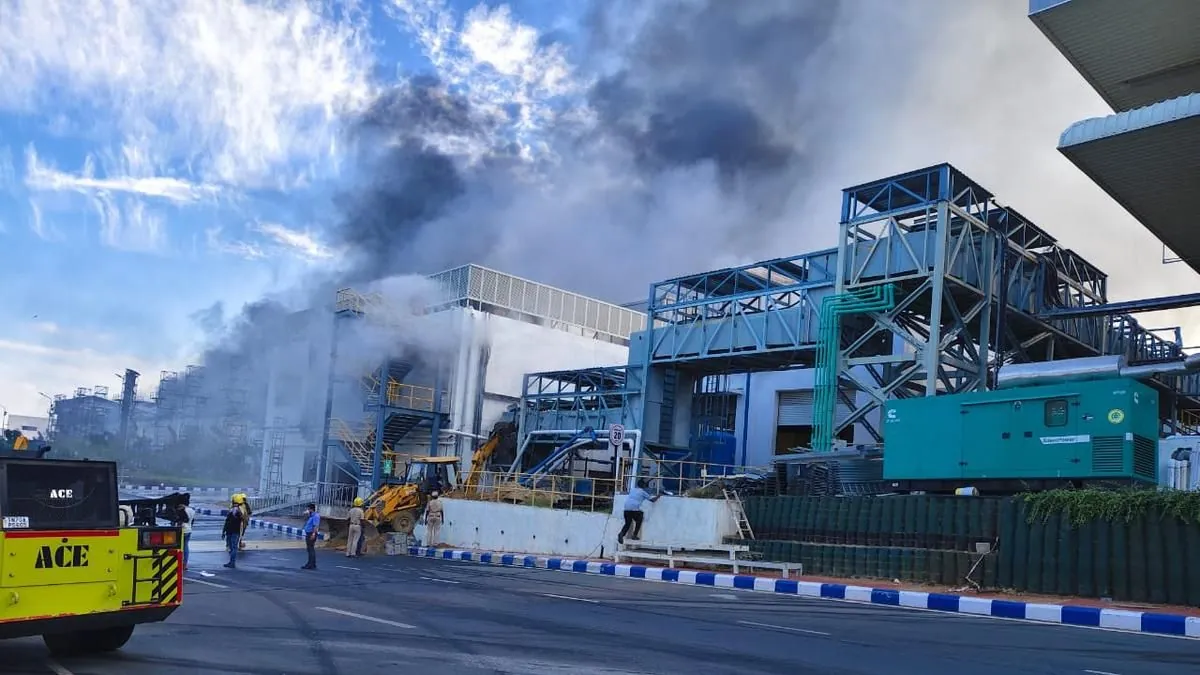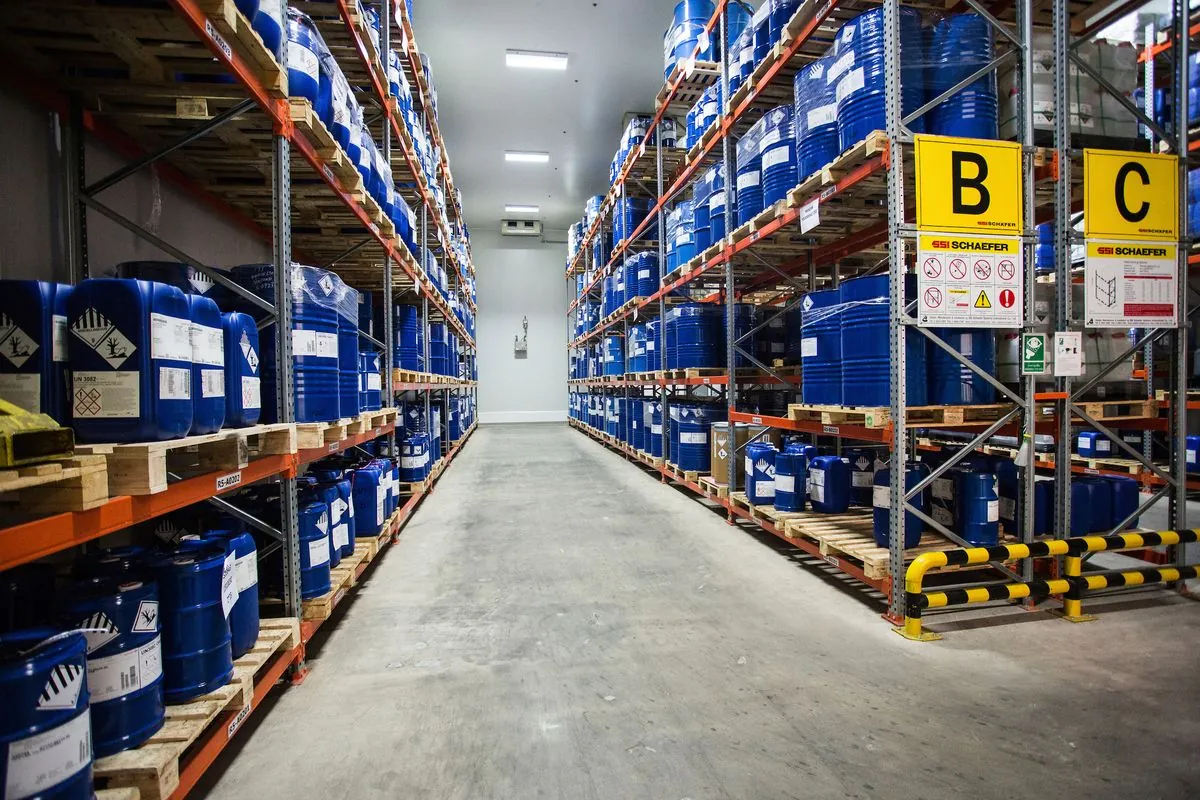Tata Electronics Resumes Partial Operations After Fire at iPhone Component Plant
Tata Electronics announces partial restart of operations at its Tamil Nadu plant following a fire in the chemical storage area. The facility, which produces Apple iPhone components, aims for full resumption soon.

In a recent development, Tata Electronics has announced the partial resumption of operations at its fire-affected facility in Tamil Nadu, southern India. The plant, which manufactures components for Apple iPhones, experienced a fire incident on September 28, 2024, in one of its six units.
The fire occurred in an area designated for chemical storage, raising concerns about safety protocols in electronics manufacturing. This incident highlights the growing importance of stringent safety measures in India's rapidly expanding electronics manufacturing services (EMS) industry, which aims to reach a $300 billion valuation by 2026.
A spokesperson for Tata Electronics stated, "We plan to restart work in many areas of the facility today. And as we work toward resuming full operations, all our team members will continue to receive full pay." This decision comes after the Director of Industries for Tamil Nadu granted approval for the resumption of operations.

The exact cause of the fire and the extent of the damages remain undetermined. M Velu, a district fire officer, explained, "We will know more only after the removal of the debris. The entire shed has collapsed with little visibility into the damages." This uncertainty underscores the challenges faced by authorities in assessing industrial accidents.
This incident at the Tata Electronics plant is not isolated, as it follows a series of events affecting Apple suppliers in India. It comes at a crucial time when the U.S. technology giant is actively diversifying its supply chain beyond China, implementing its "China plus one" strategy. India, being the world's second-largest smartphone market after China, plays a significant role in this diversification effort.
The fire's timing could potentially impact production ahead of the festive season, which typically runs from October to December in India. This period is crucial for smartphone sales, and any disruption in the supply chain could have significant consequences for both Tata Electronics and Apple.
Tata Electronics, a subsidiary of the Tata Group, is part of a conglomerate with over 100 operating companies across more than 100 countries. Founded in 1868 by Jamsetji Tata, the group has been at the forefront of India's industrial growth. The company's involvement in iPhone component manufacturing aligns with India's "Make in India" initiative, launched in 2014 to boost domestic manufacturing.
The incident also brings attention to the complex nature of smartphone production. Since the introduction of the iPhone in 2007, the manufacturing process has involved intricate supply chains spanning multiple countries. The global semiconductor shortage that began in 2020 has further complicated these supply chains, emphasizing the need for diversification and resilience.
Tamil Nadu, known for its strong manufacturing sector, has been actively promoting itself as an electronics manufacturing hub. This aligns with Apple's strategy to increase its manufacturing presence in India, which began in earnest around 2017. The state's efforts to attract high-tech industries have contributed to India's growing role in global electronics production.
As investigations into the fire continue, this incident serves as a reminder of the ongoing challenges in balancing rapid industrial growth with environmental and worker safety concerns. The electronics manufacturing industry, while crucial for economic development, must prioritize safety protocols, especially in areas dealing with potentially hazardous materials like chemical storage facilities.
The coming weeks will be critical for Tata Electronics as it works towards full operational recovery. The company's ability to quickly resume production will be closely watched by industry observers, as it could have implications for Apple's supply chain strategy and India's position in the global electronics manufacturing landscape.


































